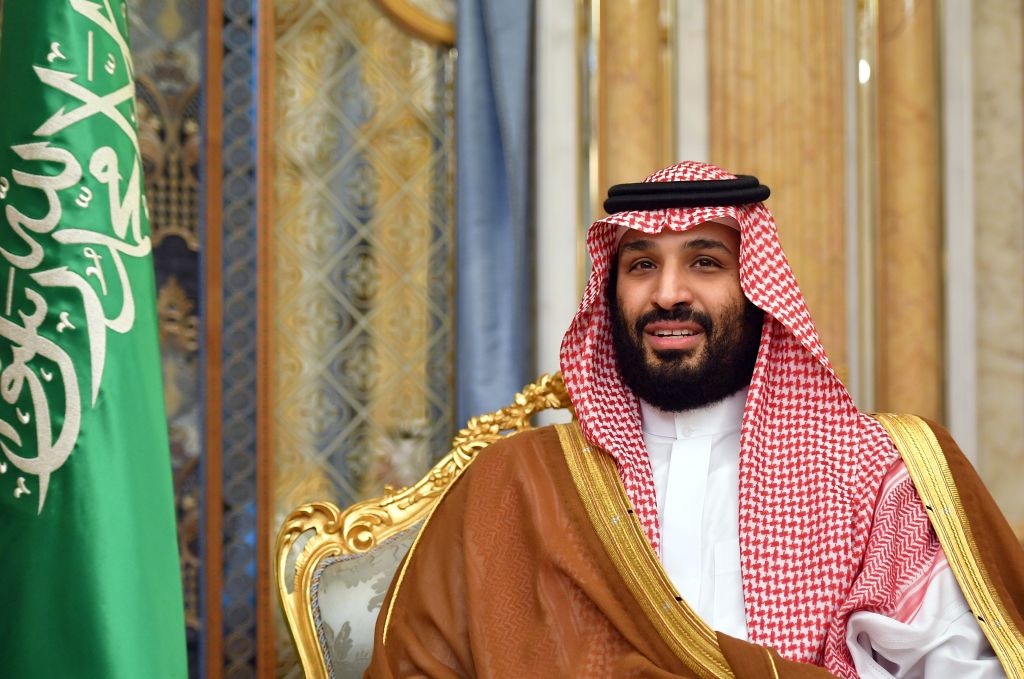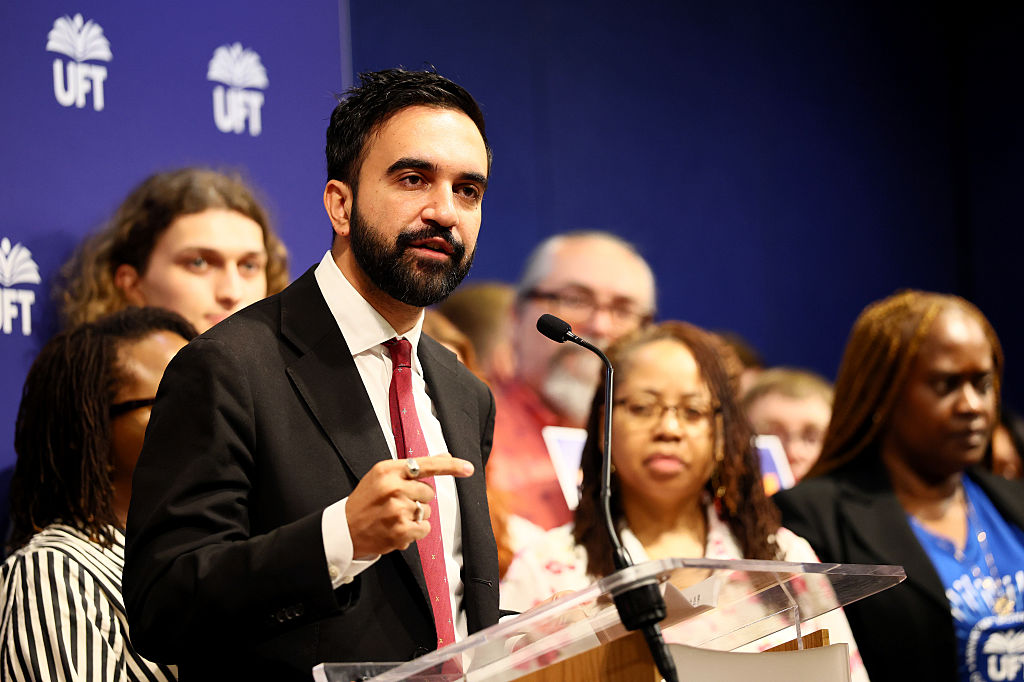Today, after pressure from senior US lawmakers and staring at an impending statutory deadline, the Biden administration authorized the release of a declassified intelligence report on one of the most grisly state-sanctioned murders in recent history. The killing of Saudi dissident and Washington Post columnist Jamal Khashoggi may have occurred 16 months ago, but the murder has hung around the US-Saudi relationship like a wet blanket. The US intelligence community’s assessment that Crown Prince Mohammed bin Salman, the heir to the throne, was intricately involved in Khashoggi’s death was a bombshell heard around the world.
And yet media reactions notwithstanding, MbS’s role in Khashoggi’s demise was hardly a surprise. This was the worst-kept secret on the planet. The CIA reportedly arrived at a high-confidence conclusion of the crown prince’s culpability weeks after the writer disappeared in the Saudi consulate in Istanbul, where he entered in anticipation of finalizing his new marriage. UN special rapporteur for extrajudicial executions Agnes Callamard, who led a six-month investigation into the incident, came away with the same assessment. Not only was Khashoggi killed on the orders of the Saudi government, she wrote, but Saudi officials took painstaking efforts to cover up the crime, including by sanitizing the building and delaying the Turkish police investigation. While Crown Prince Mohammed ultimately took responsibility as the de facto leader of the monarchy, he continues to deny personal involvement despite the fact that the evidence continues to pile up.
For the Biden administration, the declassified intelligence report creates a quandary of sorts: how does the United States hold the Saudi government accountable for the premeditated murder of an American resident while at the same time preserving a functioning relationship with the kingdom? It was no coincidence that secretary of state Antony Blinken spoke with his counterpart, Saudi foreign minister Faisal bin Farhan, the day before the report was released. President Joe Biden, who had harsh words for the Saudis on the campaign trail, was careful to phone King Salman for a chat before the document was made public. While the White House readout of the conversation didn’t mention the Khashoggi affair, it’s hard to believe Biden avoided the topic completely. How could he?
When the world learned of Khashoggi’s death, there was a collective feeling of disgust and bewilderment that a high-profile member of the Saudi royal family would be foolish, reckless, and monstrous enough to use state resources to neutralize a prominent critic in a diplomatic facility. In the blink of an eye, a US foreign policy establishment typically in the habit of giving Saudi Arabia the benefit of the doubt could no longer do so. The murder, botched cover-up and incessant lying at high levels were so clumsy and nonsensical (the Saudis insisted Khashoggi left the consulate, then suggested he died in a fistfight, until finally blaming ‘rogue’ agents for the killing) that believing Riyadh’s official explanations was untenable. If anything, Khashoggi’s death laid bare the real Saudi Arabia: it wasn’t a special US ally as so many in Washington believed, but another hard-nosed, authoritarian state whose leadership has no hesitancy to use the power at its disposal to maintain its strength and eliminate rivals.
This may come as a shock to some. Indeed, there was a time when the US-Saudi relationship was one of Washington’s most important. During the Cold War, Saudi Arabia was viewed by successive US administrations as a bulwark against Soviet power and influence in the Middle East. As long as the Saudis stayed in America’s camp, the Soviets wouldn’t be able to attain hegemonic status in the Middle East and exploit the region’s oil supplies for its own geopolitical advantage. The bilateral relationship at its core was a pragmatic arrangement designed for the times: the US received a steady supply of oil, and the Saudis received a US security guarantee.
Of course, times have changed significantly. The Soviet juggernaut has been buried for close to three decades; the Russia that took its place is a geopolitically limited power far better at hacking and disinformation operations than creating a wealthy economy for its citizens. US imports of Persian Gulf oil are down by more than 70 percent from a decade ago. While Saudi Arabia is still be a vital oil producer, the notion of a hegemonic adversary cornering the energy market in the Middle East is no longer a concern, which means the US security guarantee to the kingdom is not only unnecessary but grossly outdated. Given Riyadh’s external interventions since Mohammed bin Salman became a major player — a bumbling, unwinnable quagmire in Yemen, the forced resignation of a Lebanese prime minister, a counterproductive boycott of Qatar, an oil price war last year that nearly bankrupted shale producers in the US — it’s not a stretch to say that Saudi Arabia is as much of a destabilizing force in the region as Iran is.
Biden appears to recognize this. He has been a skeptic of the Saudis since at least the mid-1980s, when he was a senator representing Delaware. Biden’s aides in the White House and the State Department keep promising a reappraisal of US-Saudi ties. The kingdom, used to being coddled and protected under the previous administration, is preparing for a sea-change over the next four years. Their preparations are well-grounded; in his first month in office, Biden suspended the sale of offensive weapons systems to Riyadh, ended all US support for its air campaign in Yemen and appointed a special envoy in an attempt to find a diplomatic resolution to the war. To Saudis, these moves are troubling indications of a partner seeking its distance. But to Americans, they are common-sense measures that should have taken place years ago.
If the unclassified report of Jamal Khashoggi’s murder further convinces President Biden to approach Saudi Arabia as a normal country instead of a friend with special privileges, then the late writer’s legacy will be even larger than first thought.

























